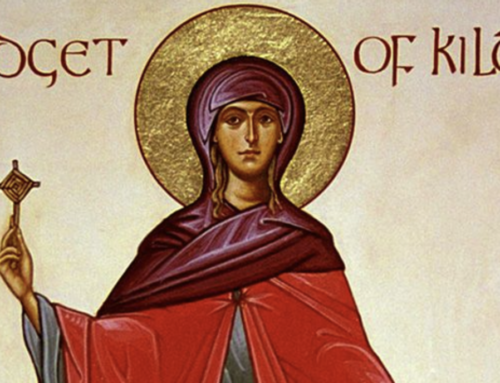by Austin Richards
Recommended Book: The Sabbath by Abraham Joshua Heschel
In his book The Sabbath, Abraham Joshua Heschel explores the meaning of the biblical command to rest on the seventh day, offering a rich expression of Jewish theology and spirituality. Rather than developing a single argument throughout the book, Heschel’s work alternates between several themes and contains allegorical stories and aphorisms. Dealing with topics such as the dissimilarity between space and time, creation, eternity, holiness, and labor, The Sabbath describes the spiritual significance of the seventh day from a variety of angles. While it remains a highly influential work of Jewish theology, its subject matter creates the opportunity for fruitful engagement with Christian theology and spirituality.
The relationship between space and time is at the heart of Heschel’s spirituality, a key principle around which the entire book is centered. Our society is obsessed with the things of space, and when our attention is fixed solely on the things of space we begin to imagine God as one substance among other substances in the world. Heschel suggests that time is more fundamental in the biblical conception of reality. The Sabbath is an opportunity to withdraw from the spatial realm into the eternal realm, inviting us to think about God in relation to time as we experience God’s peace. The goal of Sabbath observance is the sanctification of time, to be made holy by keeping the seventh day holy. Just as the tabernacle in the wilderness and the temple in Jerusalem were sanctuaries in space, the Sabbath is “a sanctuary in time” (29). When one celebrates the Sabbath, one “[celebrates] time rather than space” (10). In support of its spiritual significance, Heschel interprets the creation of the Sabbath on the seventh day as the apex of the entire creation, a gift that reveals God’s ultimate purpose for the created order. All created things, and humans in particular, were made to dwell in God’s peace. By resting on the Sabbath, one actively participates in eternity.
The idea of sanctifying time applies not only to Christian observance of the Lord’s Day but also to our use of the liturgical calendar in the Anglican tradition. Just as the Jewish year consists of a variety of festivals, the Christian year is structured around events from the life of Christ and the saints. For the same reasons that Heschel gives for pursuing holiness in time, as Christians we can aim to interpret all of our lives in connection to redemptive history as it is retold in the Church’s calendar. For those seeking to better understand the value of Sabbath-keeping and the role of time in sanctification, The Sabbath is an excellent resource.






